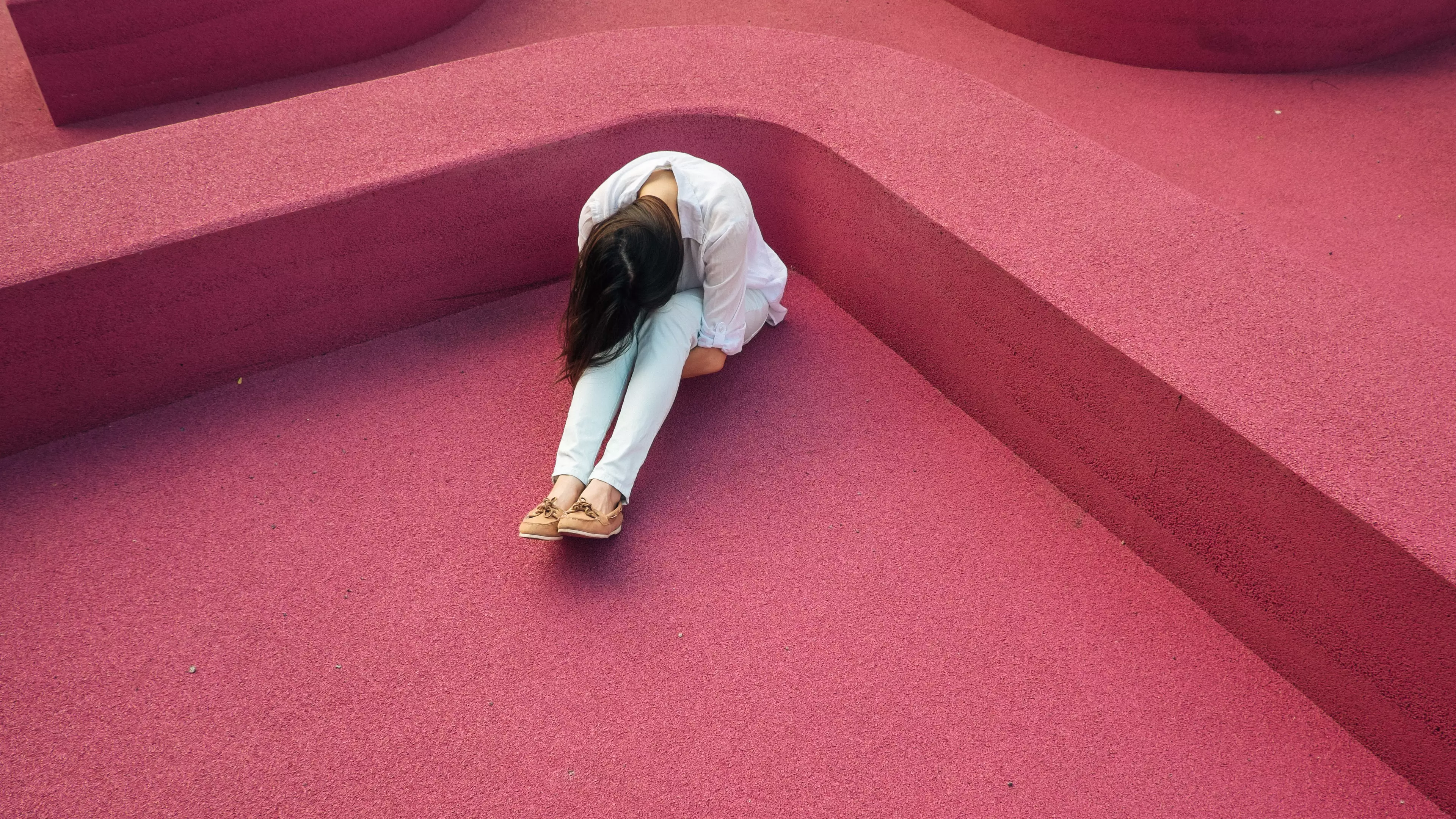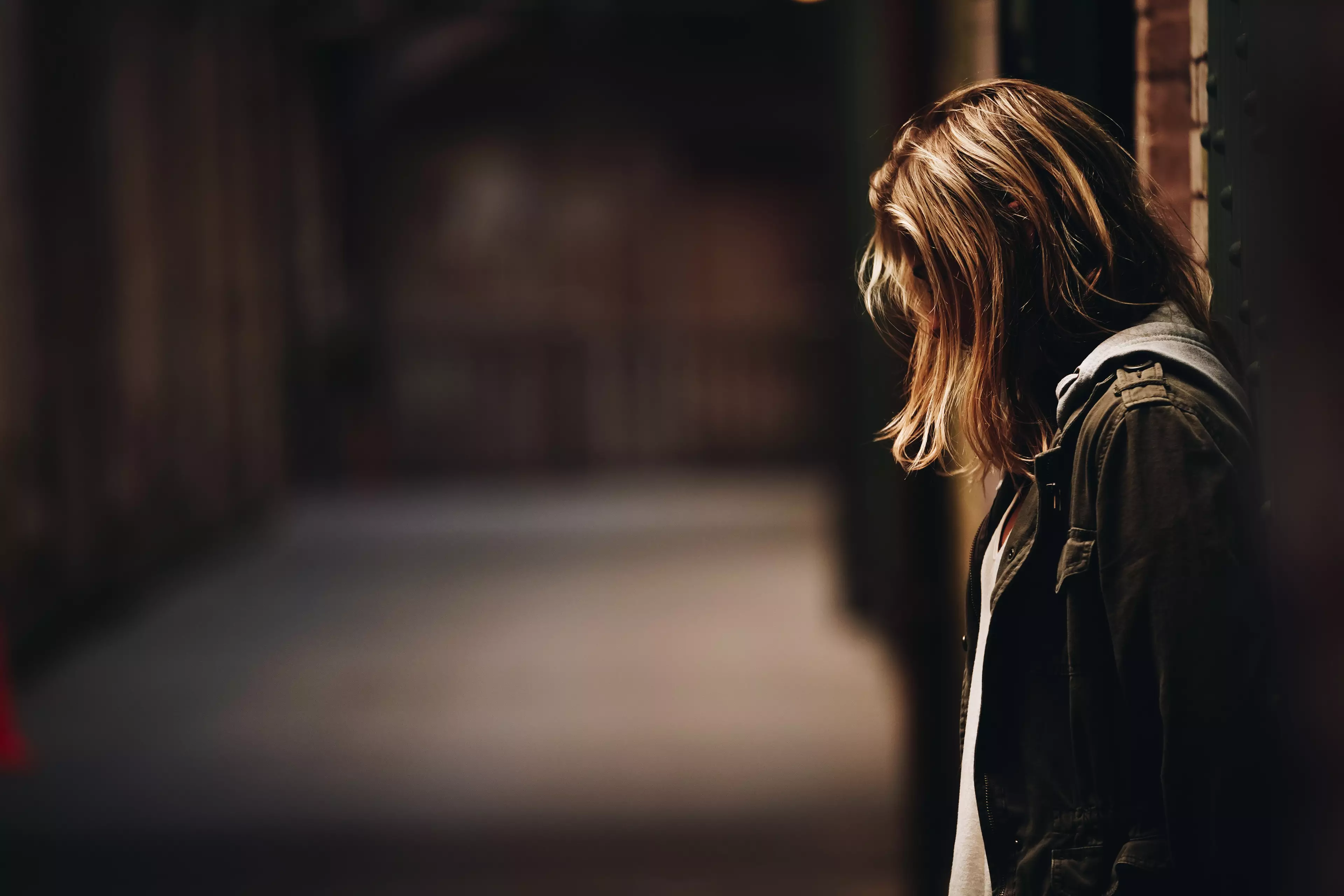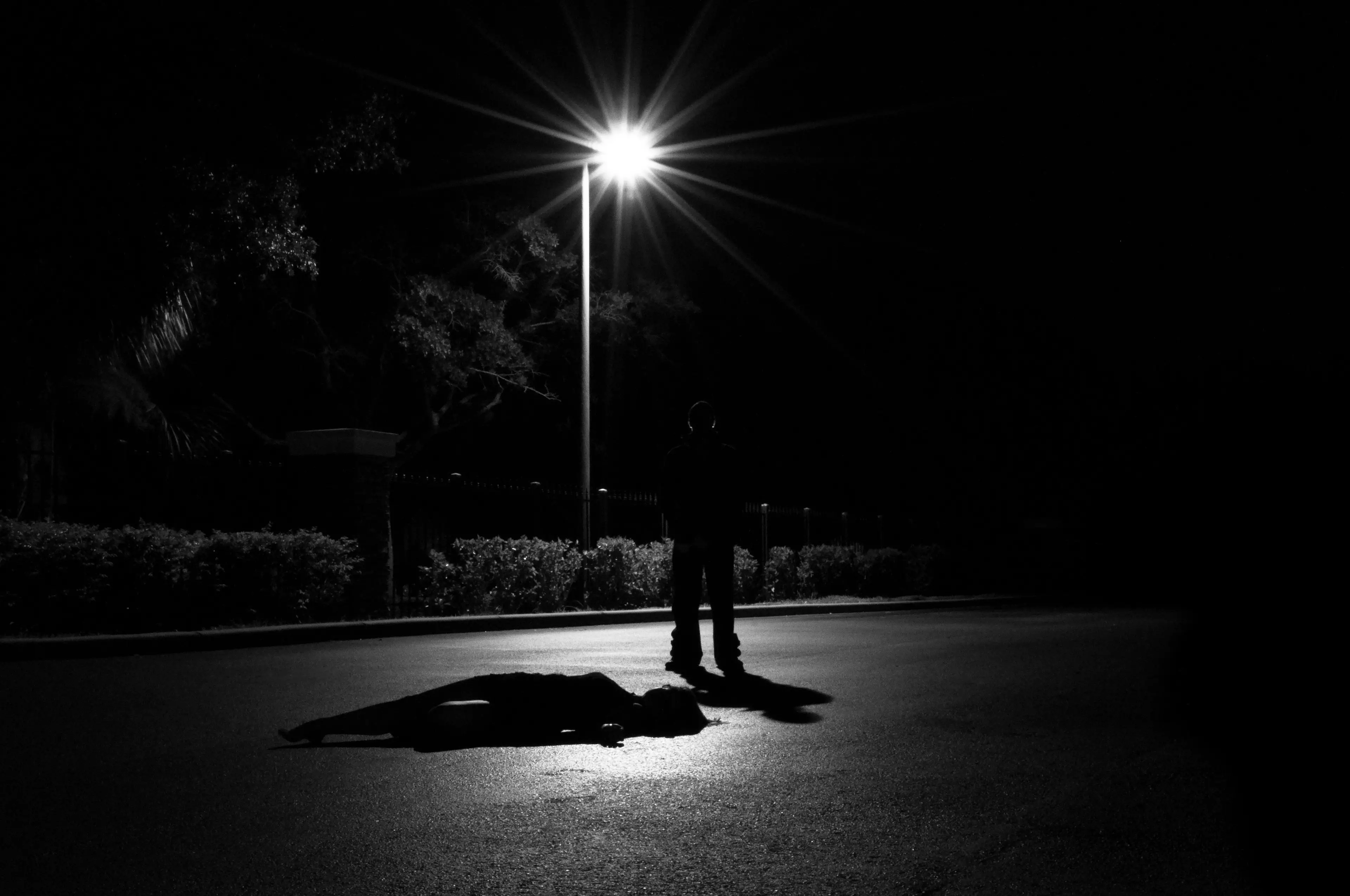
Women's rights groups have filed a landmark case against the Crown Prosecution Service for failing to protect rape victims, accusing the CPS of "covertly" changing its policy.
Despite reports of rape to the police tripling between 2014 and 2019, the number of cases charged and brought to court is at its lowest since records began, according to CPS and Ministry of Justice figures.
Shockingly, fewer than 4 per cent of women who report attacks will ever see a trial take place and campaigners fear the shocking drop in prosecutions is putting women off reporting assaults.

So it's no surprise then that the CPS is feeling the wrath of women's organisations, who are accusing it of "second-guessing jury prejudices" before taking a case to court, which is "having a detrimental impact on women's access to justice".
Advert
Earlier this month, the CPS was forced to deny it was "decriminalising" rape after the Independent reported this is how many victims felt about their ordeal.
Sources also told the Guardian that prosecutors in England and Wales had been urged to take a more "risk averse" approach in rape cases, to improve conviction rates - something the CPS strongly denied.

However, a coalition of women's organisations called EVAW (End Violence Against Women), which will be represented at court by the Centre for Women's Justice (CWJ), insists it has plenty of evidence to prove that the CPS has made a covert change in policy.
Advert
It argues that this change has resulted in the collapse of cases, particularly those where the victim was vulnerable in some way, including those that were young, intoxicated at the time, or had mental health problems - as they risked their cases being dropped.
EVAW said in a media briefing: "This is not only wrong but unlawful - it fails to build the strongest possible case according to the law on rape."

The legal case will be based on the Human Right to '[not be] seriously harmed,' which demands effective police and prosecution action, and the right not to be discriminated against (given that rape disproportionately affects women).
Advert
The case file includes "a dossier of 21 cases where decisions have been made not to charge despite allegedly compelling evidence," according to the EVAW's briefing.
Some women have already spoken out about their own cases off the back off the challenge - and their stories are shocking.
Rebecca* was raped at knifepoint and held prisoner for two days by her boyfriend, a man who was known by the police to be violent.
Despite evidence of violence against Rebecca, the CPS prosecutor dropped the case, saying WhatsApp messages she had sent to placate her attacker could be misinterpreted by the jury.
Advert
And one had messages on her phone from the man who raped her apologising for his actions, yet it still never made it to court. The CPS decided to drop the case in January 2018, despite this evidence.
EVAW said: "This change in approach by the CPS is dragging us backwards away from progress that had been made on prosecuting rape."
Harriet Wistrich, the director of the CWJ, claims "a small cultural shift at the top of the CPS has had a butterfly effect leading to the devastating changes."
Whether or not the CPS is found guilty of changing its approach or not, the shocking figures clearly show that whatever the reason behind this, the legal system is failing victims of sexual assault in the UK.
Advert
EVAW is crowdfunding to meet the costs of the case and you can show your support here.
A CPS spokesperson told Pretty52: "There has been no change of policy in how the CPS makes charging decisions in rape cases.
"These offences can have a devastating impact, and it's essential that all victims have confidence to report their experiences. We will always seek to prosecute where there is sufficient evidence to do so, in line with the Code for Crown Prosecutors.
"Decisions to prosecute are based on whether our legal tests are met, and no other reason. Anyone unhappy with a decision not to charge has the right to ask for a review of their case by another prosecutor, independent of the original decision-maker."